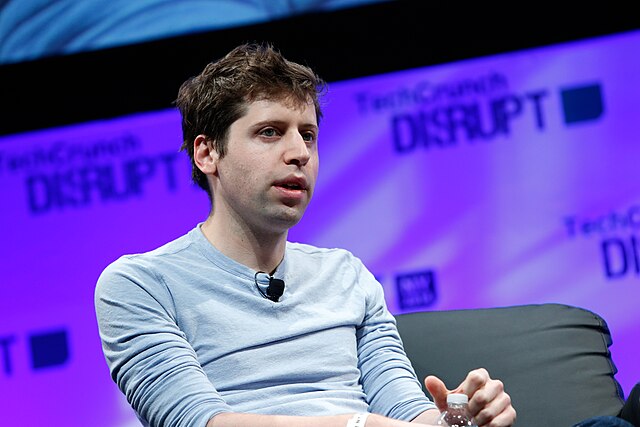OpenAI, the Microsoft (MSFT)-backed startup behind the ChatGPT phenomenon, is launching a new tool designed to detect images created by its DALL-E 3 text-to-image generator. This initiative comes amid increasing concerns about the influence of AI-generated content in global elections. According to OpenAI, the tool identified images generated by DALL-E 3 with 98% accuracy during internal testing and demonstrated resilience against common modifications like compression, cropping, and saturation changes. In addition, the company plans to incorporate tamper-resistant watermarking to mark digital content with a hard-to-remove signal.
As part of its broader efforts to address the challenges of AI-generated misinformation, OpenAI has joined an industry group that includes Google (GOOGL), Microsoft, and Adobe (ADBE) to develop a standard for tracing the origins of various media types. The rising prevalence of AI-generated content, particularly deepfakes, has already had a noticeable impact on election processes worldwide. For instance, during India's recent general election, fake videos featuring Bollywood actors criticizing Prime Minister Narendra Modi went viral. Similar misinformation campaigns are anticipated in other elections globally, including those in the U.S., Pakistan, and Indonesia.
Market Overview:
-OpenAI unveils a tool to detect images created by its DALL-E 3 text-to-image generator, aiming to combat AI-fueled misinformation.
Key Points:
-The tool boasts a 98% accuracy rate in internal testing, offering a potential weapon against deepfakes.
-OpenAI plans to complement the detector with tamper-resistant watermarking and industry collaboration on content origin tracing.
-These efforts address growing concerns about AI manipulation in global elections, including the recent controversy in India.
Looking Ahead:
-OpenAI partners with Microsoft to fund AI education initiatives, potentially mitigating the misuse of AI technology.
-The effectiveness of these measures in the real world remains to be tested, especially in the face of evolving manipulation tactics.
-OpenAI's move signals a growing industry awareness of the ethical implications of powerful AI tools.
To bolster public awareness and resilience against AI-generated misinformation, OpenAI has partnered with Microsoft to establish a $2 million "societal resilience" fund aimed at supporting AI education. This fund is designed to help organizations develop strategies to educate the public about the responsible use and detection of AI-generated content. By working with other tech giants and industry groups, OpenAI hopes to provide transparency and traceability in a rapidly evolving digital landscape.
In addition to detecting DALL-E 3 images, OpenAI's watermarking feature will help identify AI-generated photos, audio, and potentially other forms of media. Such safeguards are essential as the world navigates the ethical and societal implications of AI technology in elections and beyond.


